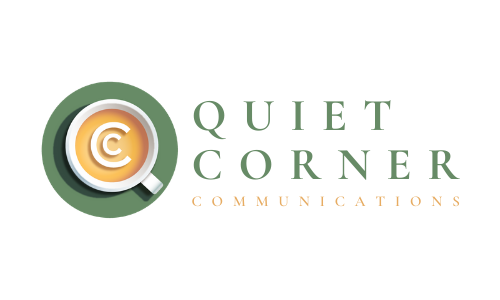Why is Having a Content Strategy Important?
Over the years, we’ve found that there are two types of clients. The first has a content team in place and just needs extra hands to help keep up with their content demands. In other words, they don’t need our help with content strategy — they just need content creation. The second wants to hit the ground running and start creating content as quickly as possible. In other words, there’s no time for the hard (and sometimes tedious) work of developing a content strategy. This rarely ends in the results clients want. So, we’ve decided to take a moment to slow down and explore why it’s important for companies of any size to develop a comprehensive content strategy.
“Definition: A content strategy is the ongoing practice of planning for the creation, delivery, and governance of useful, usable, and effective content about a particular topic or set of topics.” — Nielsen Norman Group
The importance of content strategy
For years, research has told us that having a documented content strategy is integral to success. “The B2B Content Marketing Report” from Content Marketing Institute and MarketingProfs tells us that 64% of successful content marketers have a documented strategy — but only 40% of B2B marketers actually have this critical documentation in place.
We hope those numbers have climbed since the report was issued, but we doubt it. Why? Because we encounter a lot of companies who simply do not have a strategy — documented or otherwise. Strategies not only help guide the decisions marketers make along the way about what topics they tackle, what kinds of content they make, and how they effectively distribute that content, but they can also help you understand how successful your efforts are.
A strategy essentially addresses the why, the how, and the who of content marketing. Why are you creating content? To build brand awareness? Establish thought leadership? Drive leads? Your answer will decide what kind of content you create and how you do it. And let’s not forget the “who” of it all. Who will own this process, create the content, and ensure it meets your goals? It may be one person, or it may be a whole team — but the answer will be informed by the answers that came before.
Measuring the success of your content efforts requires you to go back to that “why” question. The metrics that define awareness are very different from those having to do with lead generation, and you want to ensure you’re measuring the right things.
The basics of content strategy
If you’re starting from scratch, consider yourself lucky! The hardest part of putting together a content strategy is the content audit. Cataloging all of your content — including each webpage — and evaluating how it’s performing, what to keep, what to get rid of, and how to improve it is a time-consuming job. If you’ve got years' worth of content, you may need to break it down into manageable stages.
Whether you’re a newbie or looking to revamp your content efforts, the next steps are the same:
Set goals and define success — This goes back to the “why” of your content marketing and is integral to steering your efforts in the coming months and years.
Identify your audience — Knowing who your audience is, what they want to know about, and where they hang out is key to deciding what content you need to create and how to distribute it.
Keyword research — With your audience and its needs in mind, it’s time to research the keywords and phrases that will help inform your content. (Learn more about our thoughts on the role of SEO in content marketing here.)
To dive deeper into the questions you need to answer and the realities you need to plan for, download our Content Marketing Strategy Checklist.
Becoming content strategy experts
We love to create content. Give us a keyboard and a Canva subscription, and we’re off and running. But it’s become increasingly clear to us that companies need more guidance on content strategy. We will build that into all of our ongoing client retainers, but more importantly, we’re here to help turn in-house marketing teams into content strategy experts. With our guidance and tools, marketers can move forward knowing they have a documented strategy in place and the tools to keep their efforts on track. To learn more about our content strategy consulting, use the button below to visit our deck.


